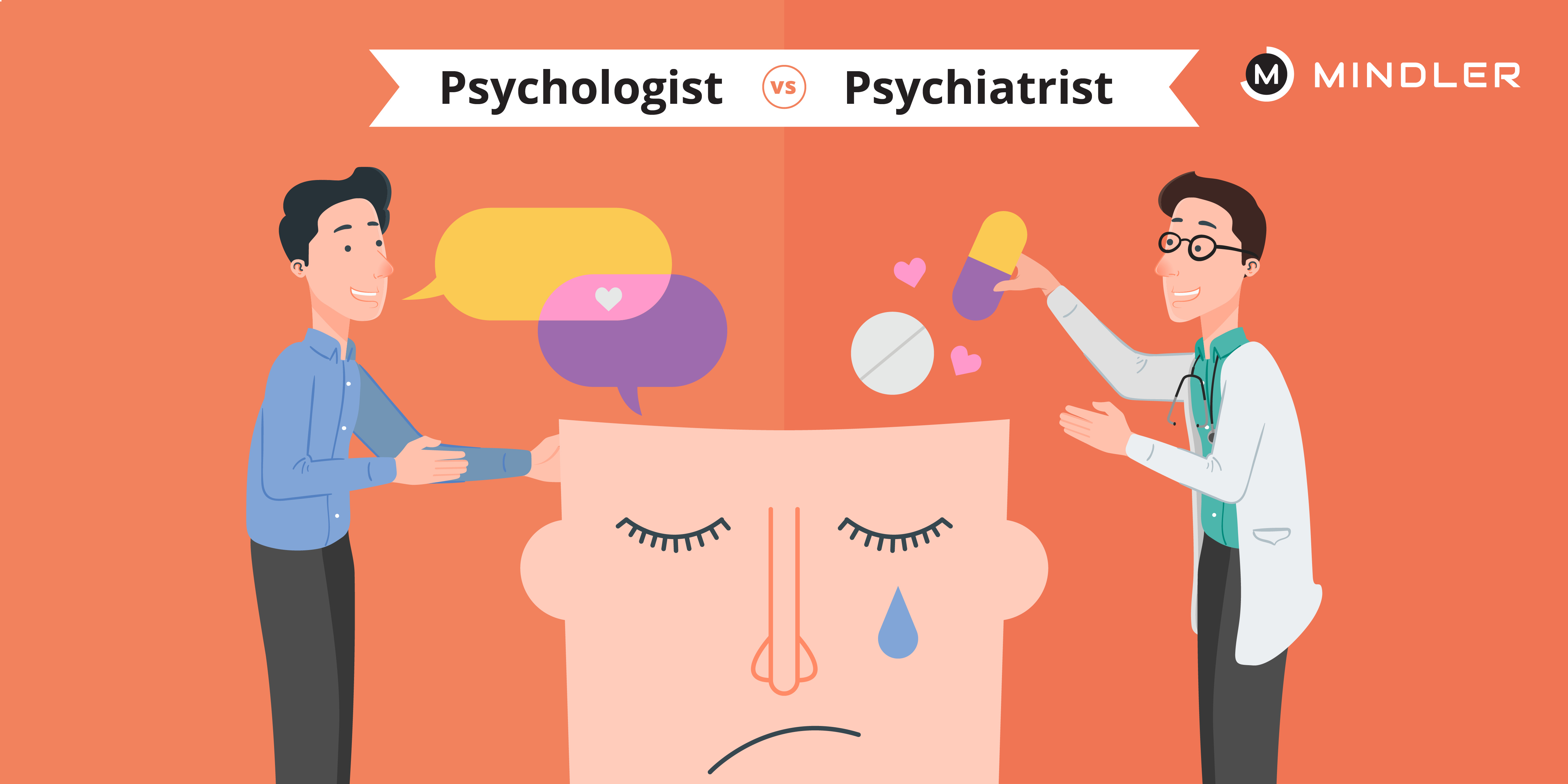The Relevance of Seeking Aid from the Best Psychologist in Delhi for Stress Administration
The Relevance of Seeking Aid from the Best Psychologist in Delhi for Stress Administration
Blog Article
Psych Therapy: A Comprehensive Guide to Strategies and Results

Cognitive-Behavioral Therapy
Cognitive-Behavioral Treatment (CBT) is an extensively made use of psychotherapeutic approach that concentrates on recognizing and customizing inefficient thinking and actions patterns. Developed in the 1960s by Aaron T. Beck, CBT incorporates behavioral and cognitive concepts to deal with numerous mental wellness issues, including anxiety, stress and anxiety, and stress-related conditions.
Techniques such as cognitive restructuring, exposure treatment, and skill-building exercises are commonly used. Cognitive restructuring involves difficult and changing negative idea patterns, while exposure treatment aims to minimize worry and anxiety through steady exposure to feared circumstances or things.
Evidence-based research supports the efficiency of CBT for a variety of mental conditions - Best Psychologist in Delhi. Its focus on ability purchase and self-help strategies encourages customers to continue progression independently after treatment wraps up. The flexibility and performance of CBT have made it a cornerstone in modern psychotherapeutic method
Psychodynamic Approaches
Rooted in the early concepts of Sigmund Freud, psychodynamic techniques focus on checking out the subconscious mind and its impact on behavior and feelings. These methods aim to uncover hidden ideas and feelings that might be driving maladaptive behaviors and mental distress. Central to this approach is the principle of internal dispute, frequently stemming from unsolved previous experiences, specifically those from youth.
Therapists making use of psychodynamic techniques utilize a number of key approaches, including cost-free organization, where clients are motivated to talk easily to disclose unconscious material, and desire analysis, which translates the concealed web content of desires. Additionally, the exploration of transfer and countertransference characteristics within the therapeutic relationship is important. These interactions can give understandings right into the person's inner globe and relational patterns.
Psychodynamic therapy is generally longer-term compared to other methods, providing a comprehensive and deep understanding of the person's psyche. Research shows that it can be particularly effective for intricate psychological wellness issues, such as personality conditions and chronic anxiety. By promoting self-awareness and emotional insight, psychodynamic treatment looks for to bring unconscious material to consciousness, making it possible for people to accomplish long-term and meaningful change in their lives.
Humanistic Methods
Structure on the foundations laid by psychodynamic approaches, humanistic techniques provide a distinct perspective concentrated on specific potential and self-actualization. Coming from the mid-20th century, these techniques prioritize the integral benefits and growth possibility of individuals, stressing an all natural sight of human experience. Trick numbers such as Carl Rogers and Abraham Maslow have considerably influenced click to read more this restorative approach, which incorporates approaches like client-centered therapy and Gestalt therapy.
Client-centered therapy, created by Rogers, plays a crucial duty in humanistic techniques. It relies on the therapist providing an environment of genuine favorable regard, compassion, and harmony. This promotes a risk-free space for clients to discover their sensations and experiences without judgment, assisting in self-discovery and individual growth. The therapist's role is more of a facilitator than an authority, urging clients to harness their internal resources for recovery.
Gestalt therapy, another important humanistic strategy, emphasizes present minute understanding and the combination of mind and body. By concentrating on the "present moment," clients get higher understanding right into their present emotions and actions. Methods such as role-playing and directed visualization are frequently utilized to help clients gain a deeper understanding of themselves, ultimately resulting in web link boosted self-awareness and satisfaction.
Integrative Treatments
Integrative treatments represent a synthesis of numerous therapeutic strategies customized to fulfill the distinct demands of each customer. This method recognizes the complexity of human psychology and the multifaceted nature of mental wellness concerns. By incorporating elements from different schools of psychiatric therapy-- such as cognitive-behavioral treatment (CBT), psychodynamic therapy, and humanistic techniques-- integrative therapies supply a more all natural and versatile treatment paradigm.
Specialists of integrative treatment evaluate each client's certain demands, signs and symptoms, and personal history to devise a personalized treatment strategy. This personalized technique improves the potential for restorative success by attending to the origin of emotional distress and advertising overall health. Techniques may consist of mindfulness exercises, cognitive restructuring, and psychological handling, each selected to target different elements of the client's concerns.
In addition, integrative treatments stress the healing relationship, checking out the client-therapist bond as an essential element of effective therapy. This relationship cultivates a supportive environment where customers really feel risk-free to discover and address their problems. The adaptability of integrative treatments makes them suitable for a wide variety of problems, consisting of anxiousness, anxiety, injury, and social troubles, consequently enhancing their applicability and efficiency in varied medical setups.

Gauging Treatment Outcomes
Examining the effectiveness of psychiatric therapy is essential for both clients and clinicians to make certain that the treatment is producing the desired end results. To accomplish this, different methods and devices are utilized to measure therapy outcomes methodically. Standard evaluation instruments, such as the Beck Anxiety Stock (BDI) and the Generalized Anxiety Condition 7 (GAD-7), supply measurable information on symptom intensity and modifications in time.
In addition to standardized tools, qualitative methods like customer self-reports and professional meetings provide important understandings right into the personal experiences and regarded progress of customers. Frequently set up assessments, typically at the beginning, navel, and end of therapy, aid in tracking the trajectory of improvement or determining locations requiring change.
End result dimension is not restricted to symptom decrease; it also incorporates useful improvements in day-to-day live, such as much better interpersonal connections, boosted job performance, and boosted total health. Modern advancements in electronic health have presented mobile applications and on-line systems that facilitate real-time surveillance and feedback, better improving the analysis process.
Inevitably, a comprehensive approach to measuring treatment end results makes certain that healing treatments work, effective, and tailored to meet the specific demands of clients, thus optimizing the total healing experience.
Final Thought
Humanistic strategies focus on personal development and self-actualization, while integrative therapies incorporate several approaches for tailored therapy strategies. Assessing treatment end results through qualitative techniques and standard assessments makes sure a comprehensive understanding of efficiency, eventually leading clients toward withstanding psychological wellness renovations.
From the structured method of Cognitive-Behavioral Therapy (CBT) to the deep expedition of the subconscious in psychodynamic treatment, each approach brings unique benefits. Its emphasis on skill purchase and self-help methods equips clients to continue progress separately after therapy wraps up (Best Psychologist in Delhi). Secret numbers such go to this site as Carl Rogers and Abraham Maslow have actually significantly influenced this restorative technique, which incorporates approaches like client-centered treatment and Gestalt treatment

Report this page